2Department of Gastroenterology, TOBB Economics and Technology University Medical Faculty, Ankara, Türkiye
Abstract
Ulcerative colitis (UC) is a chronic, idiopathic inflammatory disease characterized by periods of remission and flare-ups. It begins in the rectum and progresses proximally, most commonly affecting adults aged 30–40 years. In Crohn’s disease (CD), the clinical presentation can vary depending on the extent of the disease. The most common symptoms include cramping abdominal pain and diarrhea. Patients with severe disease may also experience fever and weight loss. The transmural inflammatory process can result in fibrotic strictures, leading to recurrent episodes of ileus. In cases of aggressive inflammation, the condition may lead to the development of fistulas and abscesses.
Inflammatory bowel disease (IBD) is a systemic condition that affects both the gastrointestinal system and extra-intestinal systems in many patients. Most extra-intestinal manifestations (EIMs) are associated with active episodes of intestinal inflammation. These include aphthous ulcers, type 1 peripheral arthritis, erythema nodosum (EN), and episcleritis. Other EIMs, such as ankylosing spondylitis and type 2 peripheral arthritis, occur independently of bowel disease activity.

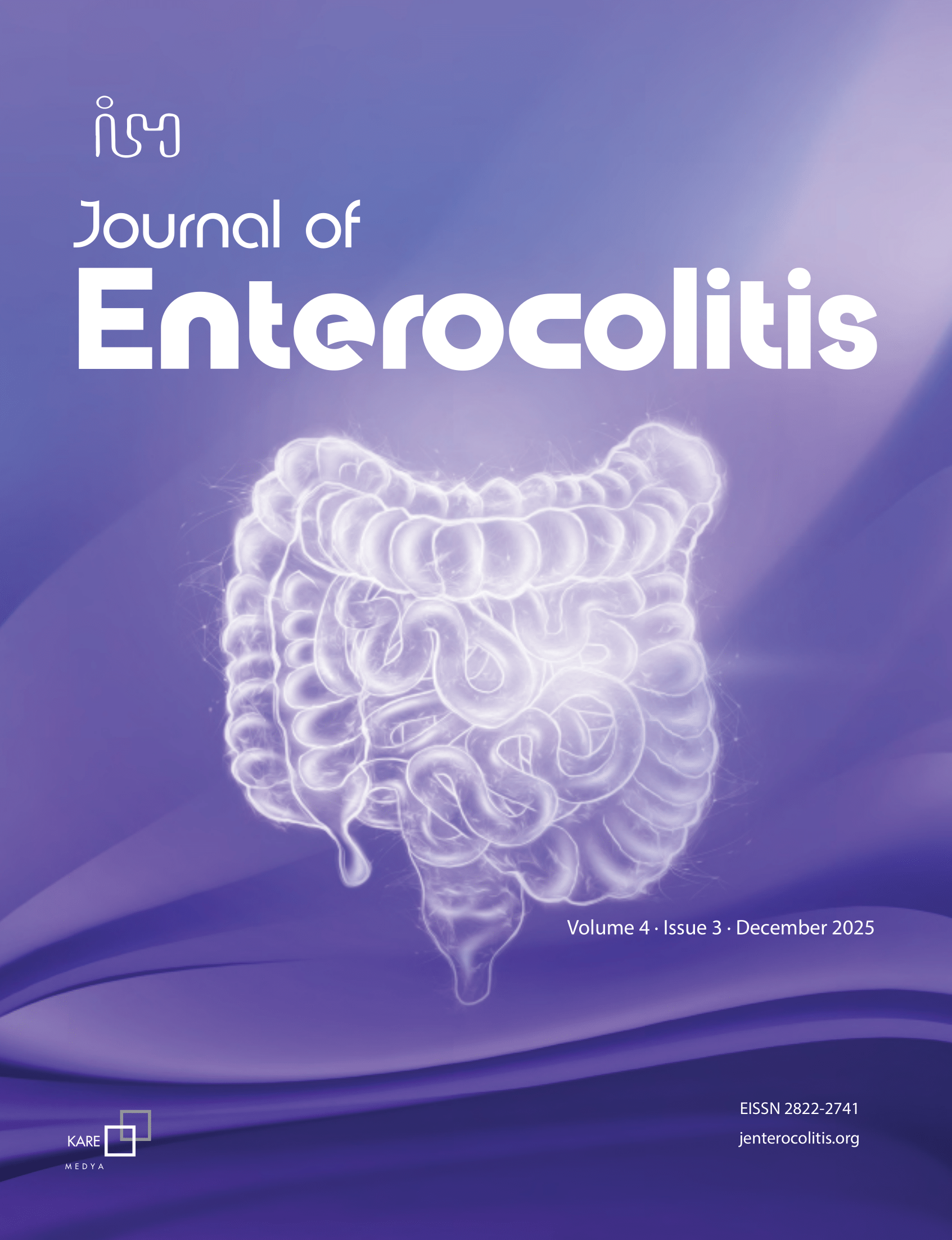
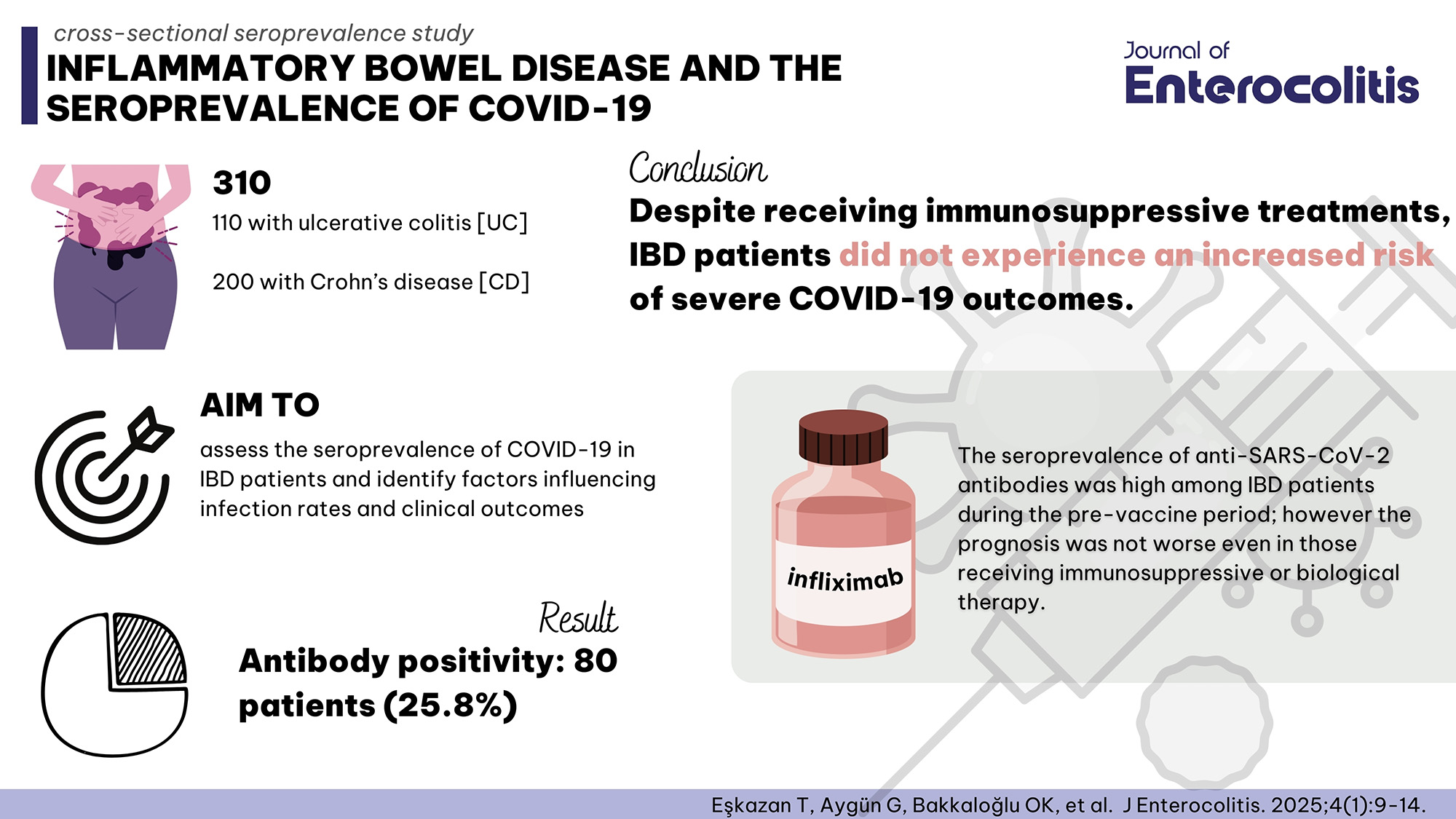
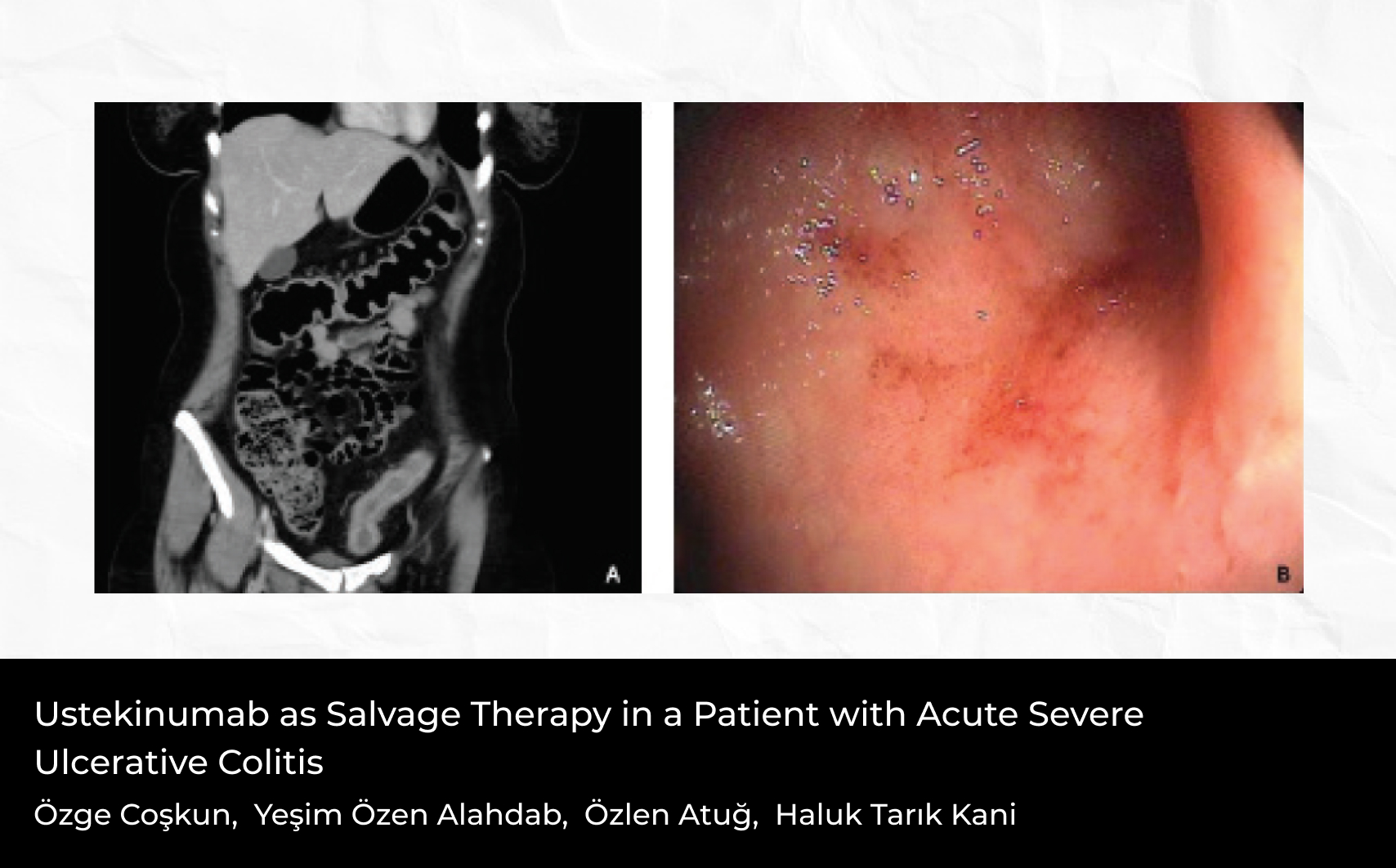
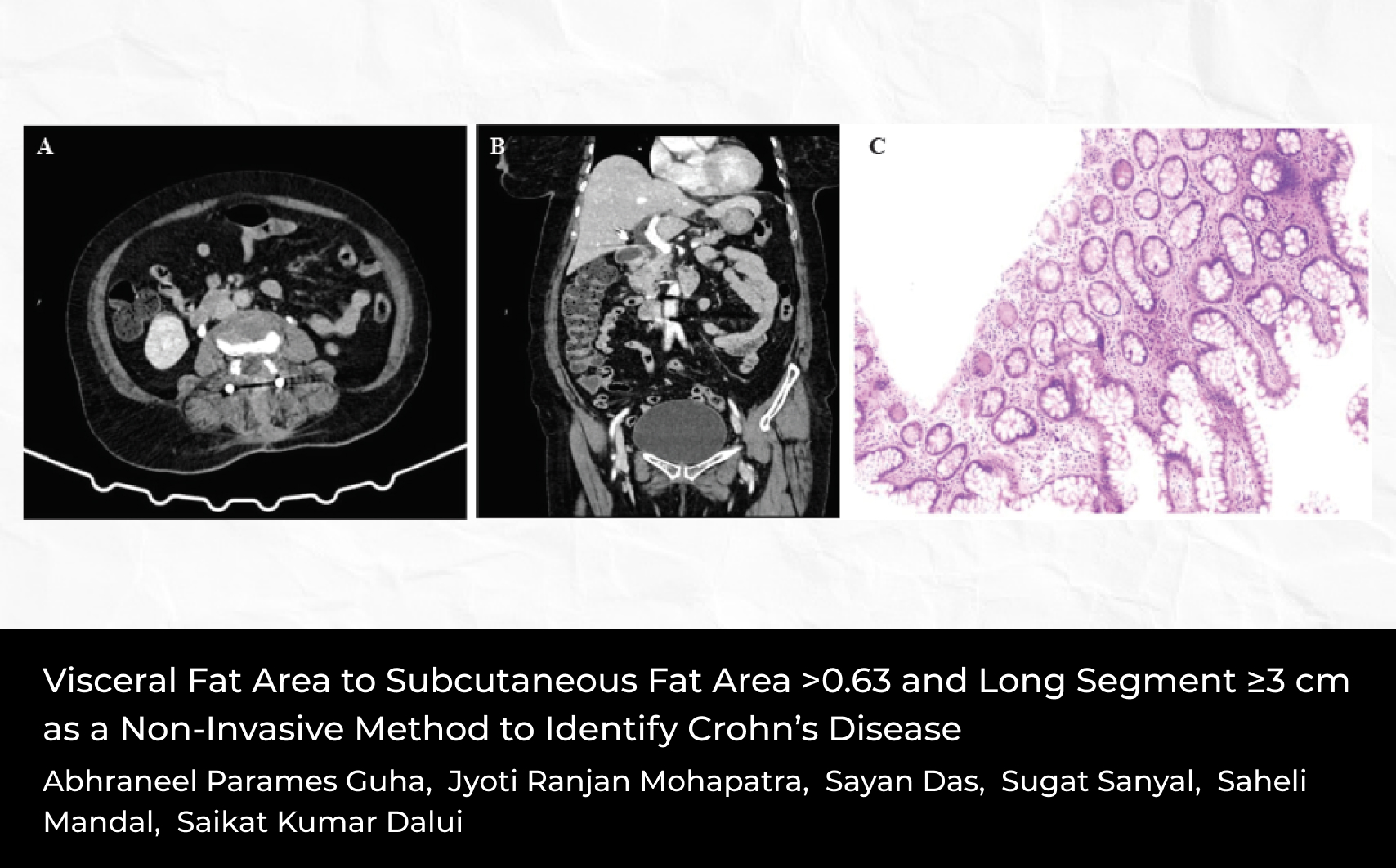
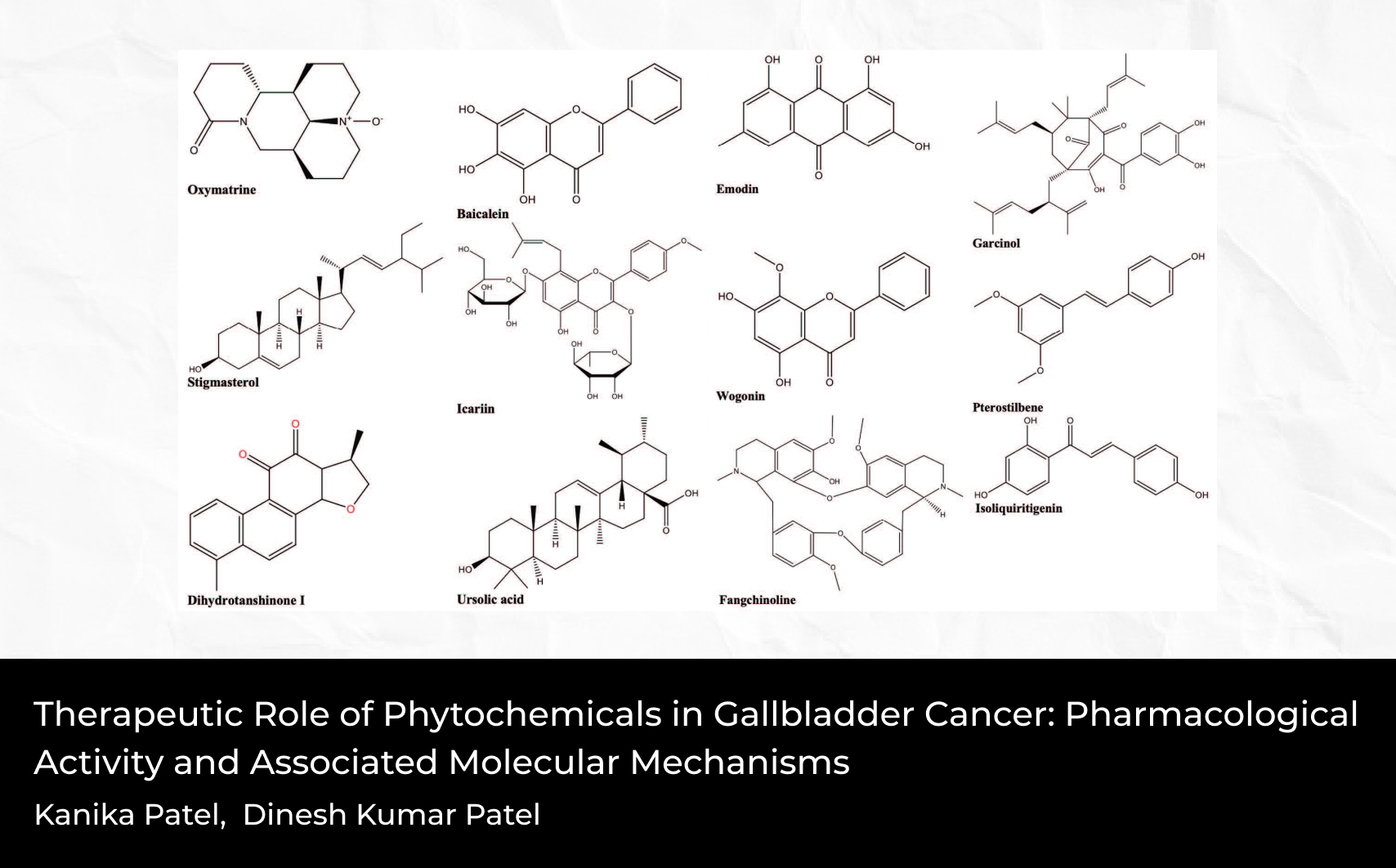
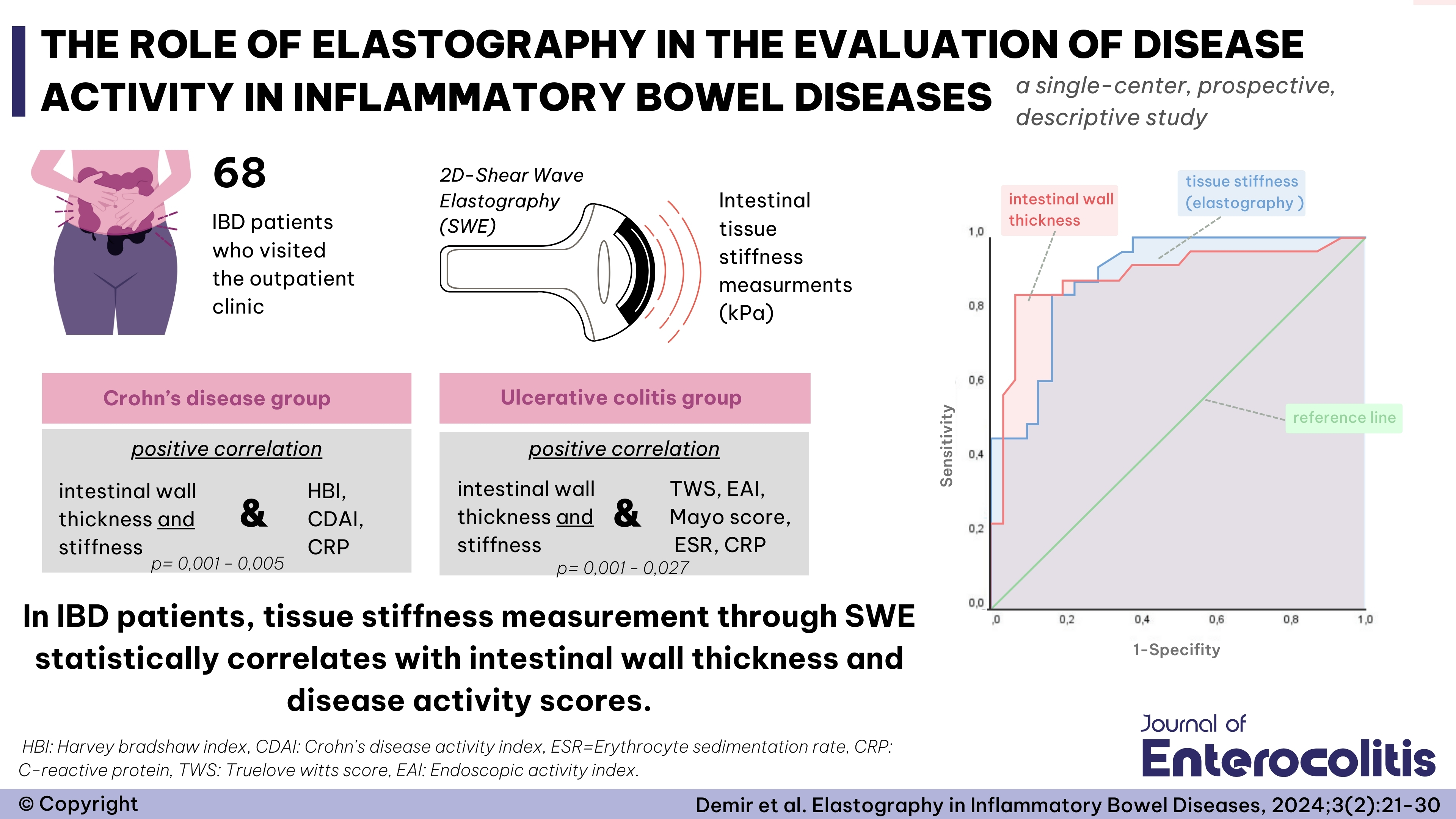

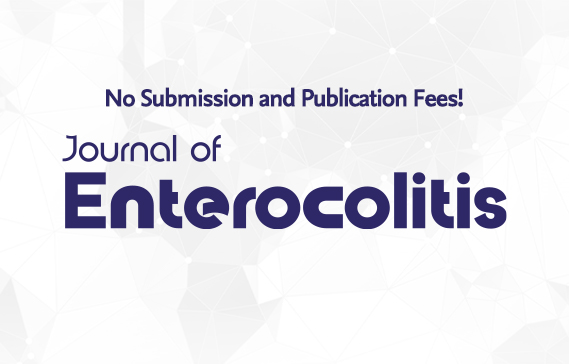
 Güner Kılıç1
Güner Kılıç1 






